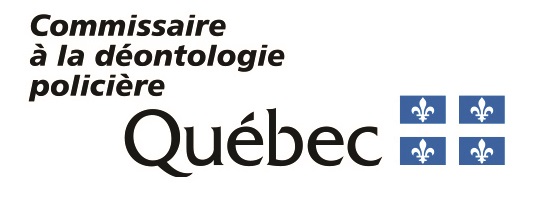File a complaint
Communication With Involved Parties
Communication With Involved Parties
During the preliminary analysis of a complaint, we will communicate at certain times with the various parties involved in the alleged event.
The Complainant
- Acknowledgment of receipt. We acknowledge receipt of their complaint.
- Request additional information. We may contact them to obtain the information necessary to process his complaint.
- Decision. We send them the Commissioner's preliminary orientation decision as to whether we can process his complaint and, if so, whether it is sent to conciliation or to an investigation. Conciliation is mandatory and the norm, unless we deem the investigation necessary, in the public interest.
- Request for revision possible. If the complaint is rejected and the complainant does not agree with the grounds, he or she has the option of requesting a review by submitting new facts or elements.
The Director of the Police Service or the Employer of the Subjects of the Complaint
- Acknowledgment of receipt and request for operational documents. We send them the complaint and the elements of the complaint provided by the complainant. We also ask them to provide any operational documents or other evidence related to the event described in the citizen's complaint.
- Decision. We send them the preliminary orientation decision of the Commissioner that states if the complaint is rejected, or referred to conciliation or investigation.
Any Person Affected by the Complaint
- Notice of Complaint and Decision. They will receive a communication that states that a complaint has been filed against them once a decision has been made as to whether it is rejected, or referred to conciliation or investigation. They do not get a copy of the complaint, but they are informed of the subject of the complaint and the facts identifying the event giving rise to the complaint.
<< 1. Preliminary Analysis 2. Conciliation >>
File a complaint
Need help?
If you want more information or if you need help drafting your complaint, you can contact us.
deontologie-policiere.quebec@msp.gouv.qc.ca
